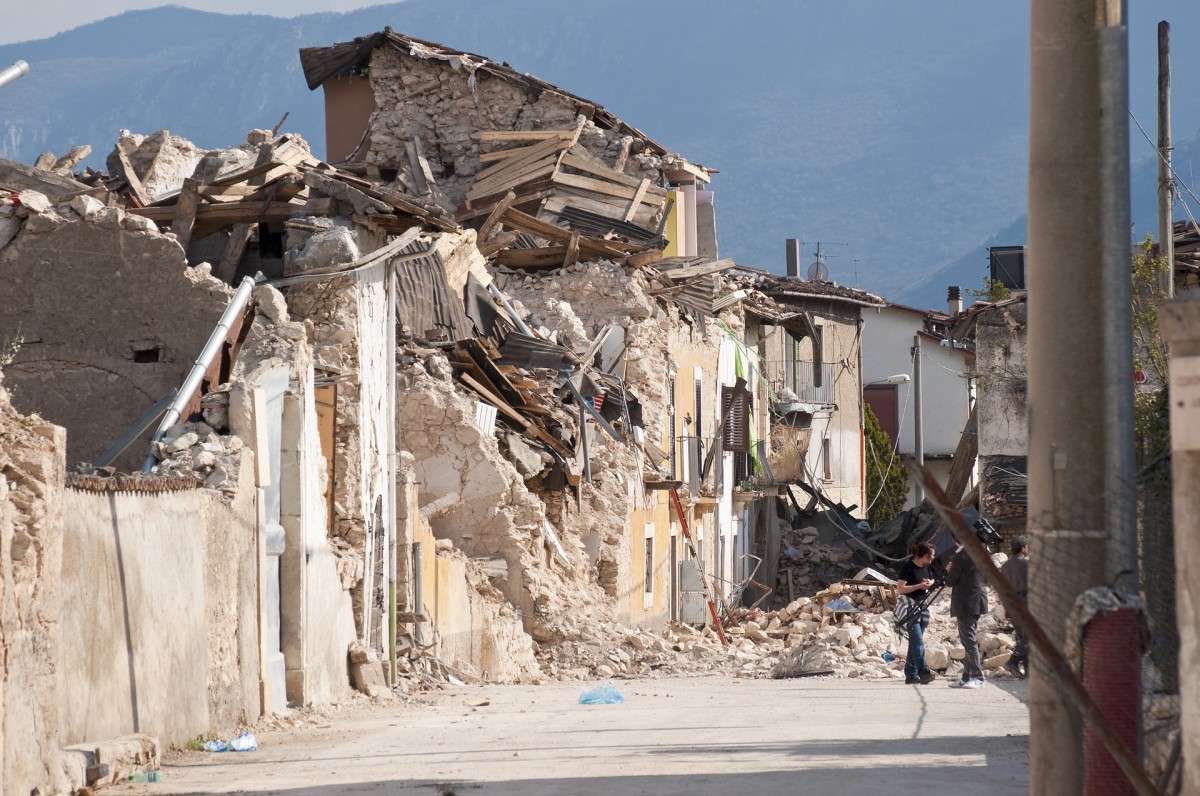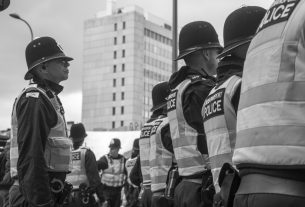Rescue teams in the Turkish port city of Izmir are continuing to search for survivors of Friday’s powerful earthquake, as officials say the death toll has increased to at least 64.
Sixty-two deaths have been confirmed in Turkey, while two teenagers died on the Greek island of Samos.
Dozens of people remain unaccounted for following the quake.
A 70-year-old man was pulled from the rubble of a building in Izmir after being trapped for some 33 hours.
The US Geological Survey (USGS) said Friday’s quake was 7.0 magnitude, but Turkey put it lower at 6.6.
The shallow tremor triggered tidal waves that hit coastal areas and islands in both Turkey and Greece.
What’s the latest?
Rescue teams were searching through the rubble of collapsed buildings in western Turkey for a third day on Sunday, hoping to find survivors.
Thousands of personnel were deployed to help with the rescue efforts, using mechanical diggers to remove blocks of concrete.
A 70-year-old man, identified as Ahmet Citim, was pulled out from beneath the rubble of a destroyed residential building in Izmir in the early hours of Sunday morning and taken to hospital.
Turkey’s Health Minister Fahrettin Koca visited Mr Citim in hospital, and said he was doing well.
Later on Sunday, the country’s Disaster and Emergency Management Presidency (AFAD) announced the new national death toll of 62, all in Izmir.
It said more than 900 people had been injured, though the majority have now been discharged from hospitals.
Eight people are reported to be in intensive care.
Food was distributed among survivors and thousands of tents set up for those unable to return to their homes.
Vice-President Fuat Oktay said 26 badly damaged buildings would be demolished.
“It’s not the earthquake that kills but buildings,” he told reporters.
Turkish President Recep Tayyip Erdogan said his government was “determined to heal the wounds of our brothers and sisters in Izmir before the cold and rains begin”.
What happened on Friday?
The earthquake struck 14km (nine miles) off the Greek town of Karlovasi on Samos island at 13:51 local time (11:51 GMT), according to the USGS.
It said the quake – which was felt as far away as Athens and Istanbul – struck at a depth of 21km (13 miles), although Turkish officials said it was 16km below ground.
Most of the damage occurred in Izmir, off Turkey’s Aegean coast – where the tremor sent many people running out into the streets in fear and panic.
“It was a really strong shaker almost enough to knock you off your feet. Running out of the house with my children was like a drunken wobble,” Chris Bedford, a retired British teacher who lives in Urla, west of Izmir, told the BBC.
There were reports of flooding in Izmir after the sea level rose, with one person killed after their wheelchair was hit and overturned by rising water.
Izmir is Turkey’s third largest city with a population of nearly three million.
Turkey and Greece both sit on fault lines and earthquakes are common.
What about Greece?
Two teenagers were killed when a wall collapsed on Samos. Eight people were injured across the island, where about 45,000 people reside.
A mini-tsunami flooded the port of Samos and a number of buildings were damaged. Greek officials put the magnitude of the tremor at 6.7.
“We felt it very strongly,” local journalist Manos Stefanakis told the BBC.
Fareid Atta, another Samos-based journalist, told the BBC that the damage was “quite extensive along the seafront” of the island’s main town.
“Many businesses will be going under after this,” he said.
Greek Prime Minister Kyriakos Mitsotakis offered his condolences to Mr Erdogan.
“Whatever our differences, these are times when our people need to stand together,” Mr Mitsotakis wrote in a tweet.
Mr Erdogan later responded in a tweet: “Turkey, too, is always ready to help Greece heal its wounds. That two neighbours show solidarity in difficult times is more valuable than many things in life.”
Relations between Greece and Turkey have been particularly strained in recent months by a dispute relating to control of territorial waters in the Mediterranean and the resources beneath them.
bbc.com
pixabay


















